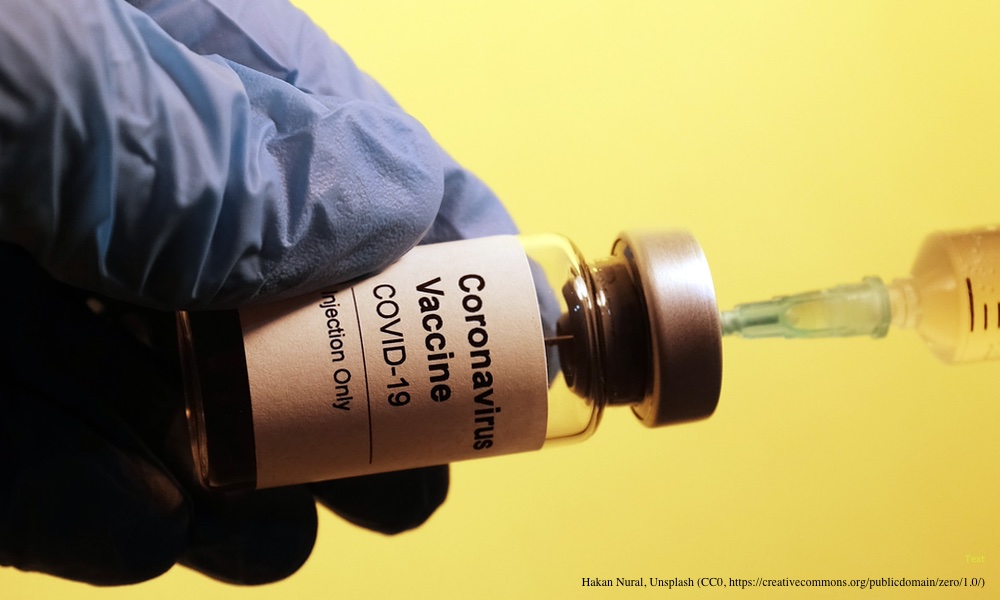Any side effects from the mRNA vaccines available in North America against SARS-CoV-2, the virus that causes COVID-19, are usually mild and resolve on their own. However, rare but potentially serious inflammation of the heart muscle and the pericardium, the sac around the heart, known as myopericarditis, has been reported.
Canadian researchers recently compared the risk of myocarditis, pericarditis and myopericarditis among people who got the vaccine manufactured by Moderna to the risk among those who received the Pfizer-BioNTech vaccine.
A second dose of the Moderna vaccine was associated with a two- to three-times higher risk of myocarditis or pericarditis compared to the Pfizer vaccine. Men under 40 who received the Moderna vaccine had the highest rates of myocarditis. The findings may have implications certain populations should consider when choosing specific vaccines to maximize benefits and minimize risk.The highest per million rates of myocarditis and pericarditis were among men between the ages of 18 and 29 following their second dose of the vaccine.
Study participants were all 18 years old or older and received two primary doses of either the Moderna vaccine or Pfizer vaccine. More than 2.2 million participants received the second dose of the Pfizer vaccine between January 1, 2021 and September 9, 2021, and 870, 000 received the second dose of Moderna.
Within three weeks of their second dose, 59 participants developed myocarditis (31 of those who had gotten the Moderna vaccine and 28 who had gotten the Pfizer vaccine); and 41 developed pericarditis (21 Moderna and 20 Pfizer). The rate of myocarditis was 35.6 cases per million doses among those who received the Moderna vaccine and 12.6 cases per million doses among those who received the Pfizer vaccine. In comparison, the rate of myocarditis in the general population in 2018 among those under the age of 40 was 2.01 cases per million and 2.2 cases per million in those over 40.
The difference in risk between the Moderna and Pfizer vaccines may be a reflection of the amount of viral mRNA content in a single dose of each vaccine, according to Janjua. The Moderna vaccine has 100 micrograms of viral mRNA, while the Pfizer vaccine has 30 micrograms of mRNA.
The highest per million rates of myocarditis and pericarditis were among men between the ages of 18 and 29 following their second dose of the vaccine.
The study and a related editorial are published in the Journal of the American College of Cardiology.





